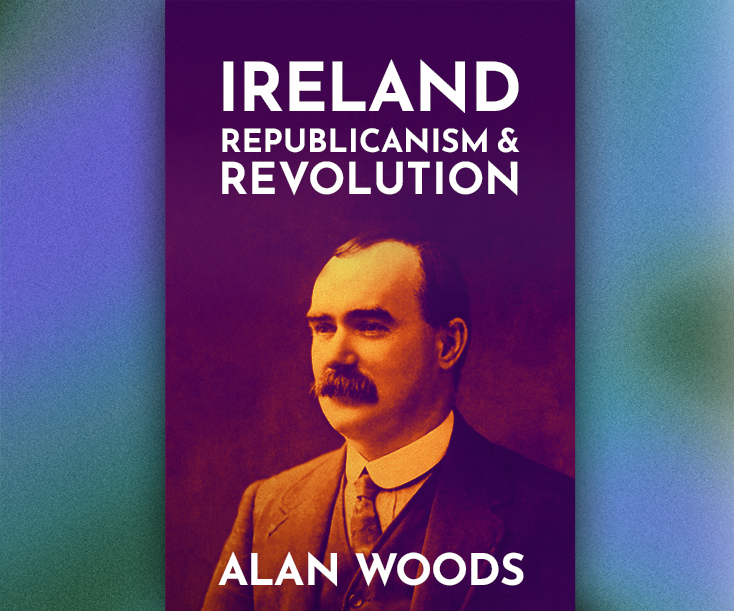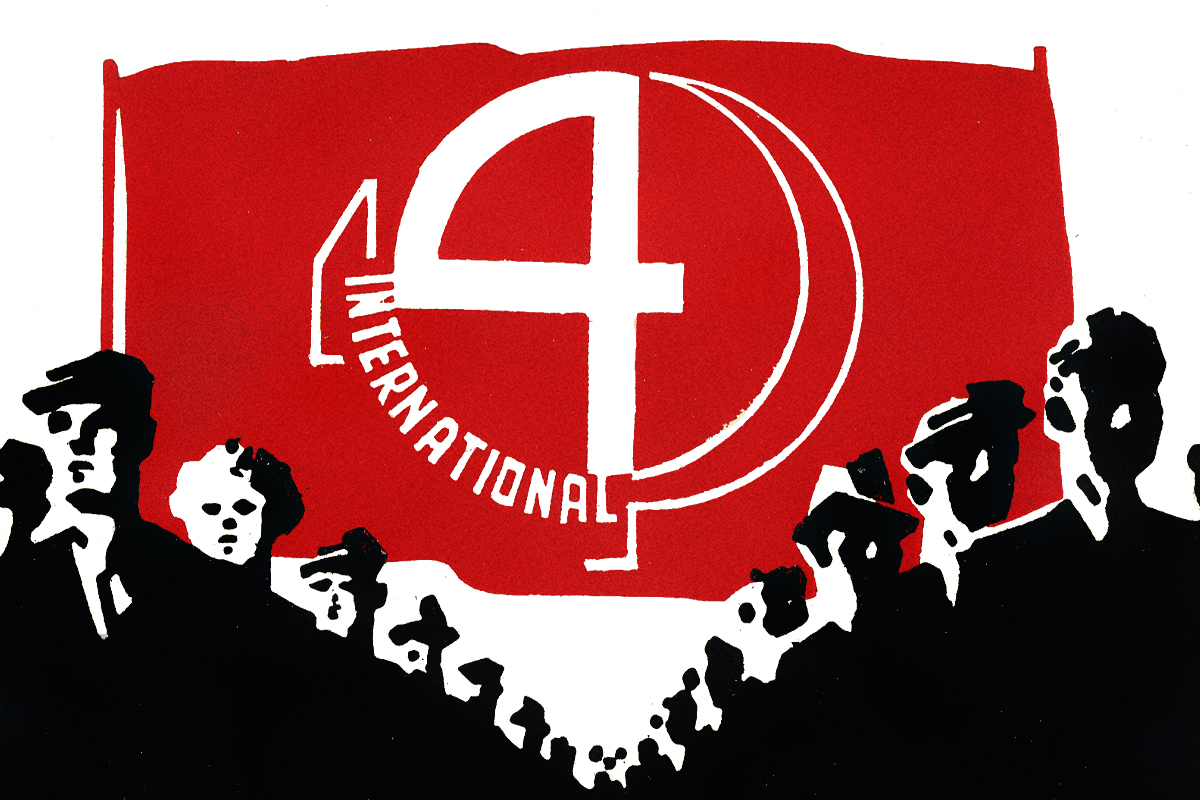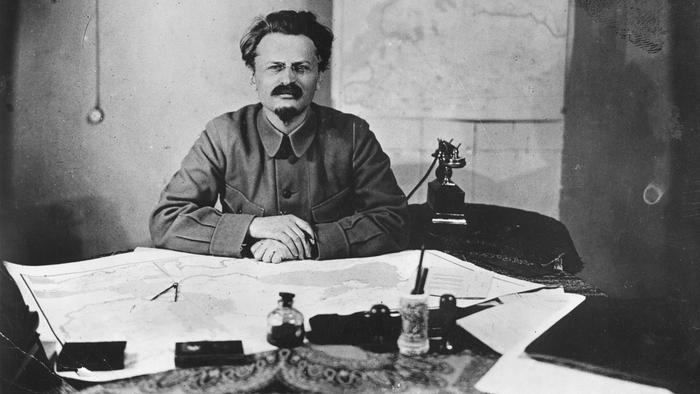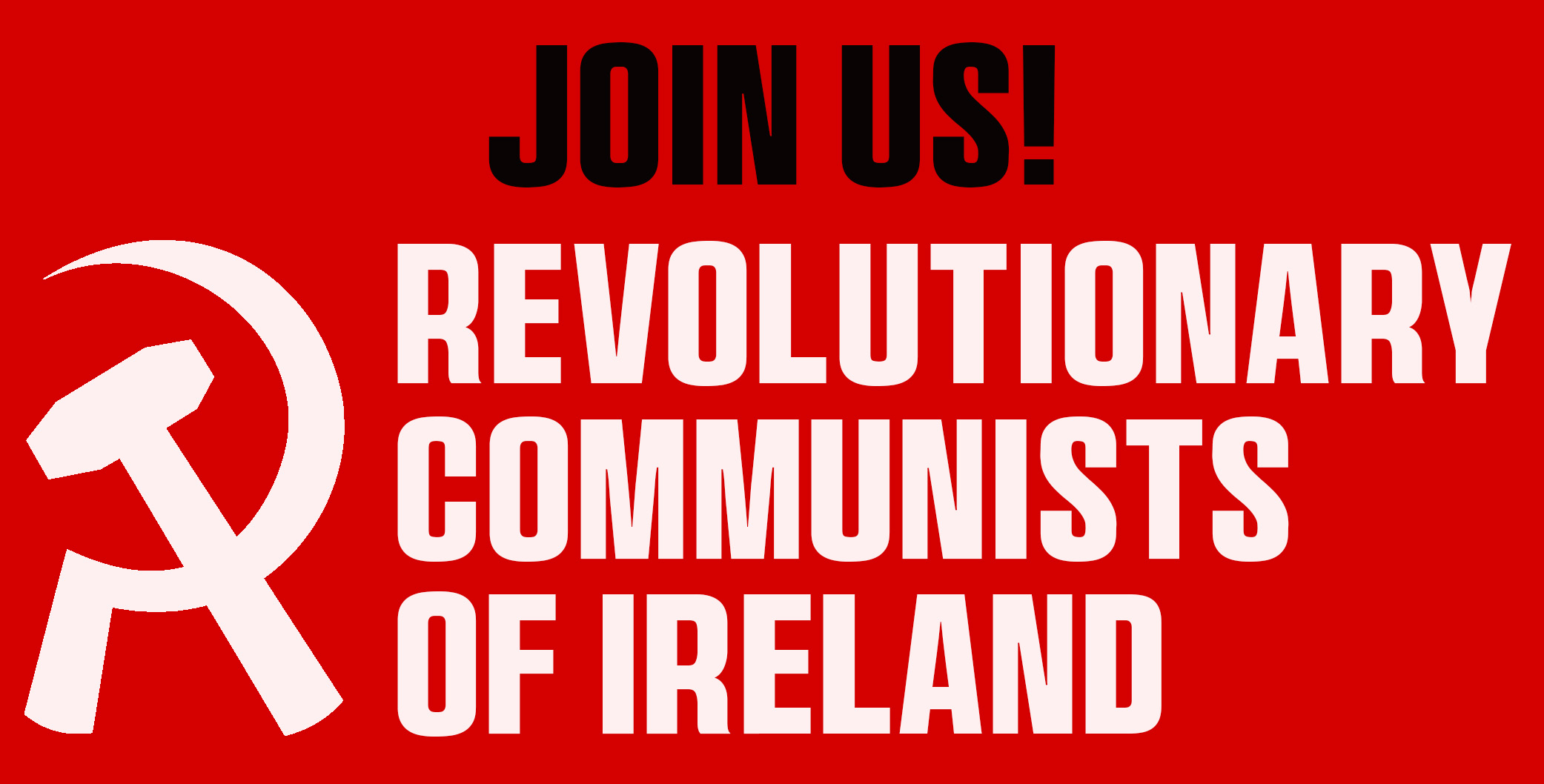The republication of Alan Woods’ Ireland: Republicanism and Revolution, which has been out of print since 2005, could not have come at a more appropriate time. The British ruling class has just buried a monarch whose reign was synonymous with the long-term ‘managed decline’ of British imperialism.
Today, the decay of British imperialism has reached a new, convulsive stage. The Union is fraying at the seams, and the national question is reemerging with renewed force, in Scotland and in the North of Ireland. Pre-order the book now!
In this book, Alan Woods analyses more than two centuries of struggle for national liberation in Ireland in order to answer the question: how can British imperialism itself be buried in Ireland, its oldest colony?
For 30 years, the Provisional IRA, INLA and other armed Republican groups fought a bitter armed struggle against British imperialist domination in the North of Ireland. It was a struggle that called forth heroic sacrifices, but ultimately military force proved insufficient to defeat the far more powerful British Army on its own, and in 1994 the Provisionals declared a ceasefire. A few years later, Sinn Féin committed to working within the constitutional structures of ‘power sharing’ with the parties of unionism in the Northern Ireland Assembly.
Their decision to do so opened up a debate in Republican circles, and this book was written as a contribution to that debate. 17 years on, the ‘constitutional road’ that Sinn Féin opted for has now also arrived at a dead end. With the reemergence of the crisis of capitalism since 2008, and the Brexit vote of 2016, power sharing has crashed and burned. Today, the Assembly lies dormant as the unionist parties contemptuously refuse to share power with Sinn Féin.
The armed struggle ended in defeat. The constitutional road has now also ended in failure – there is no reason to imagine that a Tory Northern Ireland Minister is about to grant a democratic, constitutional vote through a border poll any time soon. On the contrary, if the people of the North of Ireland can expect anything from Westminster, it is the gutting of democratic rights, and further havoc and mischief.
A new point of departure is therefore necessary – and in search of such a thing we must look to history.
For more than 225 years, generation after generation of Irish men and women have fought for national liberation from British imperialism under the banner of the Irish Republic. In this book, Alan Woods draws out the lessons – purchased at an enormous cost of life and suffering – of this tremendous revolutionary tradition.
The book takes us back to the struggle of the United Irishmen who, inspired by the French Revolution, raised the banner of a Republic in the late 18th Century; it analyses the struggle of the Young Ireland movement of the 1840s; the Fenian movement of the 1860s; the Easter Rising of 1916 and the Revolutionary War for independence, right down to the Civil Rights movement and ‘the Troubles’. The latest edition is brought up to date with a new introduction, which analyses the developments in Ireland of the two decades since this book was first published.
As Alan Woods brings these heroic struggles of the past to life, the presence of two trends within Irish Republicanism stand out prominently: on the one hand, a bourgeois and petty-bourgeois, right-wing trend. Wherever this trend has gained the upper hand and stood at the leadership of the national movement, it has always, in the words of the great Irish Marxist and martyr, James Connolly, “ended its journey upon the rock of disaster.”
On the other hand, there has always existed another trend alongside it: a proletarian, left-wing, socialist Republican trend, most clearly expressed in the ideas of Connolly. For a new way forward, in many ways what is needed is a return to these old, and at the same time evergreen ideas. Only through socialist revolution can complete national liberation and the reunification of Ireland be achieved. In the words of Connolly: “The cause of labour is the cause of Ireland, the cause of Ireland is the cause of labour.”
Today, hopes run higher than at any time in decades that Irish unification may be within arm’s reach.
British imperialism is led by a cabal of blundering idiots. Unionism is in an intractable crisis and no longer occupies the commanding position it once had. Young people are turning away in increasing numbers from the religious and political establishments.
All around the world, a molecular change is taking place among workers and youth: old assumptions are being questioned; an anti-establishment anger is building up; a rejection of old political parties; and above all a deep hatred of the rich. Unprecedented revolutionary possibilities are implicit in the situation now opening up in one country after another. But the ruling class are also conscious of the changes afoot in society, and they will fight a bitter class struggle in order to make the working class pay for the crisis of their system. They will throw everything that their power and riches can muster, including igniting the fumes of sectarianism and racism that their system continuously produces.
In Ireland, the proletariat faces the same choice it faces everywhere: either socialism or barbarism. This book was written two decades ago with that understanding in mind, in order to aid the political rearmament of the movement, so that a new generation of revolutionary workers and youth are prepared for the tasks that stand before them.




